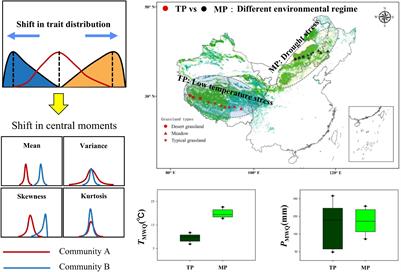EDITORIAL
Published on 13 Jan 2025
Editorial: Plant diversity: the key to ecosystem resilience in a changing world
doi 10.3389/fpls.2024.1534119
- 311 views
3,409
Total downloads
14k
Total views and downloads
You will be redirected to our submission process.
EDITORIAL
Published on 13 Jan 2025
ORIGINAL RESEARCH
Published on 14 Nov 2024

BRIEF RESEARCH REPORT
Published on 24 Oct 2024
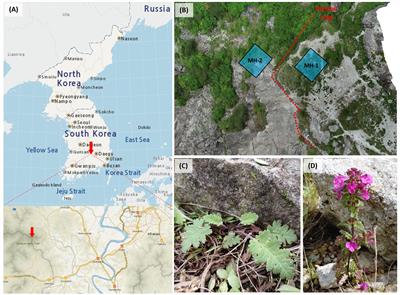
ORIGINAL RESEARCH
Published on 07 Aug 2024
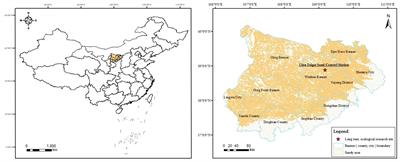
OPINION
Published on 28 Jun 2024
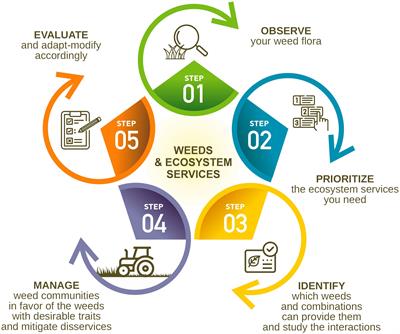
ORIGINAL RESEARCH
Published on 14 Jun 2024
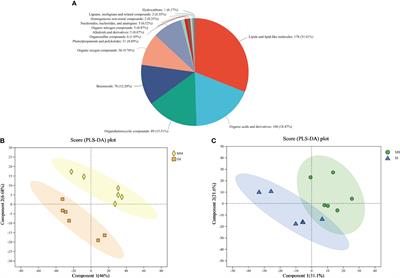
ORIGINAL RESEARCH
Published on 18 Apr 2024
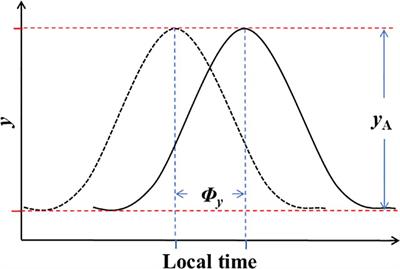
ORIGINAL RESEARCH
Published on 12 Dec 2023
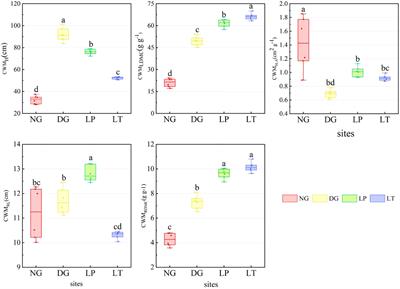
ORIGINAL RESEARCH
Published on 08 Dec 2023
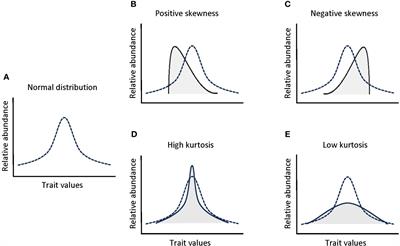
ORIGINAL RESEARCH
Published on 03 Jan 2022
